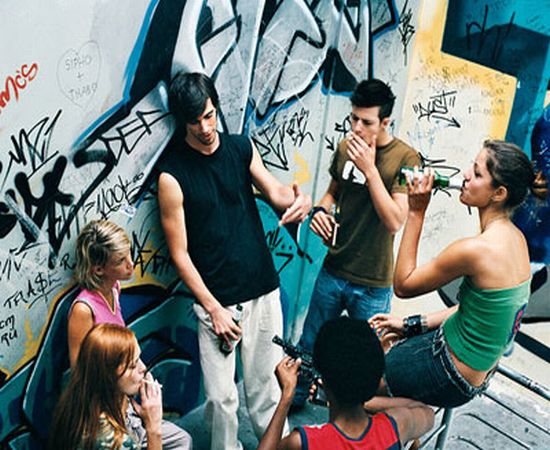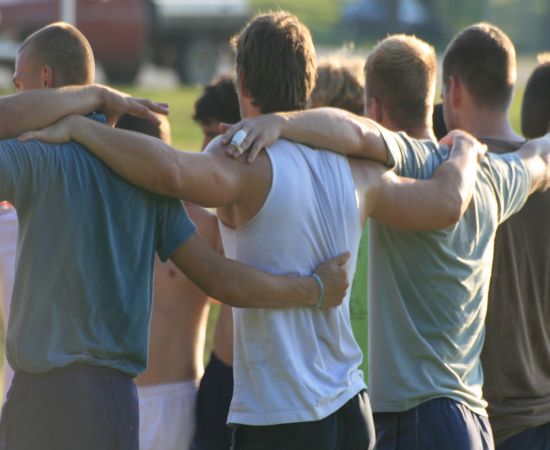Teenagers drink to get drunk. They initially try alcohol out of curiosity but the euphoric effect it creates addicts them. This affects their health. Also young teenagers get involve in risky activities when drunk that can have severe consequences. The challenges associated with underage drinking should be understood and resolved accordingly.
1. The Challenge
Teenage drinking is a well known social issue but still it has been not eradicated. This is because of many challenges associated with it. The challenges can be due to the many reasons – teens want to drink for fun and they fail to understand the consequences of their irresponsible behavior. Some of the main reasons are as follows:
a. Out of temptation and peer pressure
Teens usually try drinking out of curiosity. They sometimes know that the legal age for drinking is 21 years but they are unable to resist the temptation. Once tried it soon becomes a habit. Peer pressure also leads to drinking. Teens drink under pressure and try to prove that they too are at par with people in their peer group.
b. Change in culture
Modernization has made teen drinking more common. Parents drink in front of their kids, teens have started dating at an early age – these factors have contributed to an increase in teenage drinking.
c. Family problems and issues
Teens sometimes drink due to pervasive family problems like divorce of parents, negligence from family, financial strain, domestic violence etc. Sometimes, family members fail to recognize the signs of alcoholism in their kin. The signs are: odor of alcohol, change in mood and attitude, maintaining secrecy, reluctance to introduce friends, and change in sleeping and eating patterns.
d. Irresponsible behavior
Teens fail to understand the limits of drinking. They get drunk and then indulge in irresponsible behavior. There are innumerable cases of drinking and driving, road accidents, and crashes. Apart from this, they could also start taking drugs and practice unsafe sex.
2. The Solution
Teenage drinking is a serious issue. Teens are the future of a nation. Proper strategies should be devised to tackle this menace.
a. Group counseling
Teens respond well to group counseling. This is because they fail to open up in individual sessions. Also, teens can support each other and create a positive peer influence. In group therapies, they will be taught skills which are required to avoid alcohol and manage stress.
b. Educating about bad effects of alcohol and laws
Teens rarely know about the dangers associated with drinking alcohol. So educating them on the effects and risks of alcoholism is the best way to tackle the issue. They should be informed about both its short term and long term effects which can be hazardous to health. This can be done by family members or academic institutions. Short term effects include, headache, loss of concentration, impaired judgment, distorted vision, and lack of co-ordination, drug abuse and unsafe sex. Long term effects include cirrhosis of liver, impotency, loss of memory, gastrointestinal problems, heart damage, and overdosing. Teens should also be educated about the legal drinking age and the punishment for the same.
c. Family counseling
Teens who drink alcohol usually prefer to avoid their family members. They develop a defensive attitude and react negatively to their suggestions. When questioned about their habit, teens usually respond with angry outbursts. These situations can be avoided by proper family counseling. Parents or a trusted adult should talk freely with their children about drinking alcohol. This should start at an early phase of their life. This is because this is the time when they are most likely to get influenced to try drinking. Family counseling therapies help to improve communication gaps between the parents and children. Any tiffs in their relationships are resolved and underlying cause of teen drinking are identified in these sessions.
d. Academic help
Teens involved in drinking usually lag behind in their academics. Friends and teachers should help them to catch up with their studies.
e. Strict rules and regulations
Strict rules and regulations should be executed regarding the sale of alcohol. Accessibility to alcohol should be made difficult for adolescents. This can be done by checking age proof before the sale of liquor.






